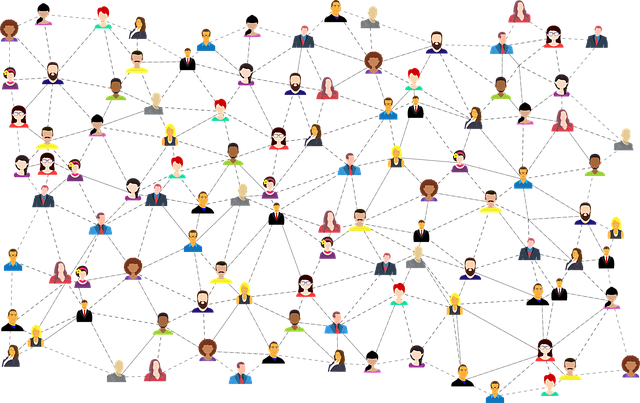
Knowing yourself has many benefits, which I will be blogging about in the near future, including making wiser big-life decisions like career choice, partner, where to live, whether to have children, and so on.
The first personality test, Myers-Briggs, is the most popular, and has been around for decades. It was developed by two American ladies in the middle of the 20th century, based on the work of the German psychiatrist Carl Jung, an associate of Sigmund Freud. The book I am most familiar with is Please Understand Me II, but there are many books available on Amazon, Kobo, or other online book retailers.
There are four pairs of contrasting characteristics, for example extrovert versus introvert. Your answers to the questionnaires determines how high you score on each contrasting characteristic. Often one of the pairs is higher than the other, but some people score very close on both opposites, like a person could be equally introverted and extroverted. There is a total of 16 personality types, which this webpage explains in more detail.
I have taken the Myers-Briggs several times, over a period of 25 years, and my results have been the same or very similar, despite which website or book I used. The Myers-Briggs is mainly focused on positive attributes, so it isn’t really an accurate description of who you are. It seems to be the most popular choice for businesses and personnel departments, I suspect because it focuses on the positive, and gives an indication where people fit in an organization.
The second personality test is the Enneagram test. Like Myers-Briggs, it has been around for decades, and has been inspired from what humans have learned about personality over thousands of years. The nine personality types are summarized on this webpage. I learned about Enneagram from the book Personality Types, which is several decades old and still a favorite. Unlike the Myers-Briggs indicator, it does include the “dark side” of people, and each personality type can be healthy or sick or some variation thereof.
The third personality test is the Big Five Factor personality test, which was developed in the 1980s. Unlike the first two personality indicators, I have seen this one in recently published university psychology textbooks. It is sometimes referred to as OCEAN, based on the types: Openess, Conscientious, Extraversion, Agreeableness, and Neuroticism. The first four types are generally positive, while the fifth type has a definite negative connotation to it. Yet, there are positive aspects of the Neurotic type as well. Your answers to the questionnaire determines to what degree you identify with each of the five types.
On truity.com, you can take all three of the tests I recommend online for free. If you have a problem understanding yourself, these tests are a good place to start, plus they are free and don’t take that long to do. Often people are surprised how accurate these tests are. I suggest you register to sign-in for two reasons: 1) if your computer crashes while taking the test, your answers might be saved and you won’t have to start over from scratch. 2) You can refer to your results in the future. You can also take the test in the future too, and save your results when you are logged in.
Related blog: Know yourself: It isn’t that easy